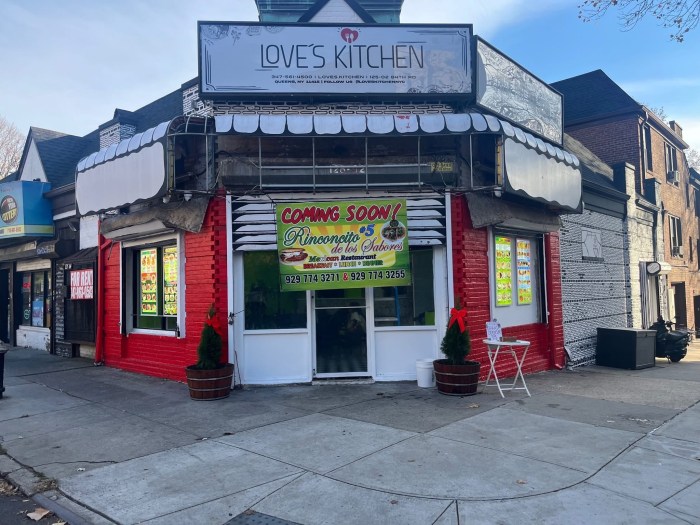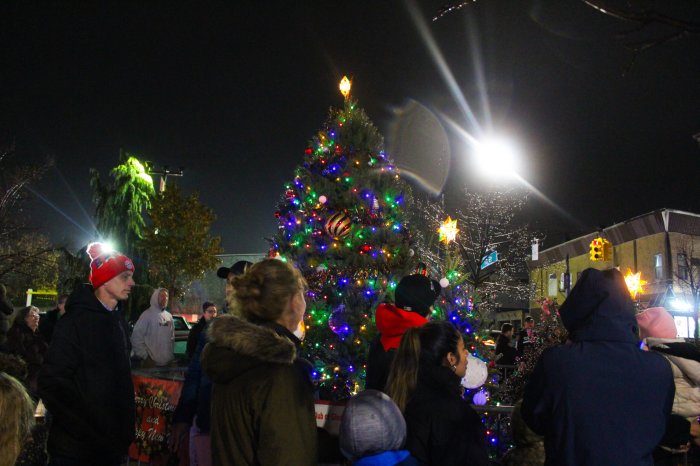Parkway Village in Kew Gardens Hills — deemed worthy of preservation — has joined the nation’s official list of historic places.
“As a community struggling to survive and flourish in challenging economic times, it is gratifying for long-time Parkway residents like me to witness the official recognition of Parkway Village’s illustrious history,” said Judith Guttman, co-president of the Parkway Village Historical Society. “I’m proud to be a Villager.”
Parkway, a roughly 35-acre co-op community, was built in the late 1940s. The more than 60-year-old post-war garden complex was originally built to house UN staff members.
While proposals to designate Parkway as a landmark were rejected at least twice — in 1997 and 2000 — by the city’s Landmarks Preservation Commission, it is now part of the National Register of Historic Places, a federal program aimed at protecting the country’s historic and archeological resources. Parkway also joins historic New York sites like Carnegie Hall, Central Park, the Empire State Building and the Brooklyn Bridge on the state’s Historic Registry.
“We all know how much overdevelopment threatens the character of historic neighborhoods like Parkway Village,” said Assemblymember Rory Lancman, who held a press conference on May 24 to commemorate the recognition. “Listing Parkway Village on the State and National Historic Registries is both a tremendous honor for its residents, and a sigh of relief for families in this area who want to see their neighborhoods and their quality of life preserved for future generations.”
To be eligible for listing on the register, properties must generally be at least 50 years old and still bear much resemblance to the way it looked in the past, according to the National Park Service. It must also have ties to important activities or people in history and have architectural and archeological significance for the future.
Parkway’s two- and three-story buildings — faced with red brick and lined with white columns and lintels — were once home to notable figures like diplomat Ralph Bunche and activists Betty Friedan and Roy Wilkins.
Properties listed on the register may be eligible for a 20 percent investment tax credit, including state and federal grants. They are also given consideration in planning for federal projects.



































